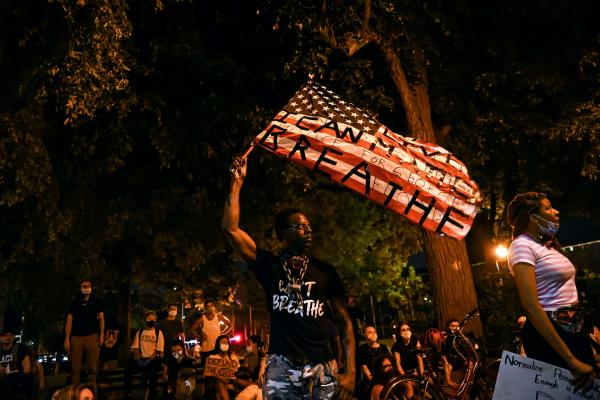Jun 10, 2020
Black people don’t always end up dead when encountering police. But we almost always end up wounded.
Read the Full Article

Already a subscriber? Login

Black people don’t always end up dead when encountering police. But we almost always end up wounded.
